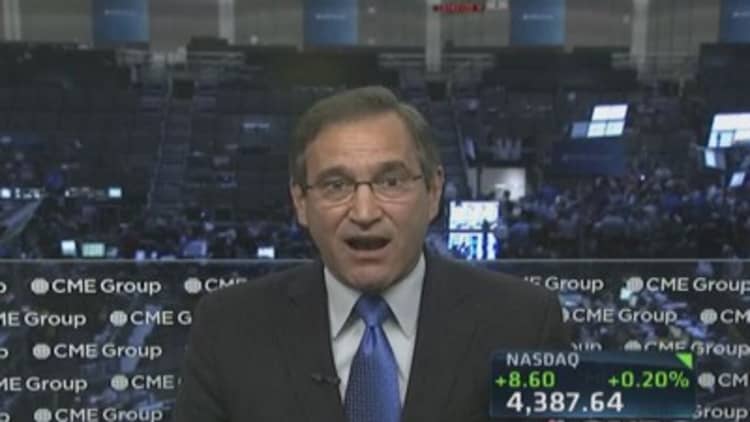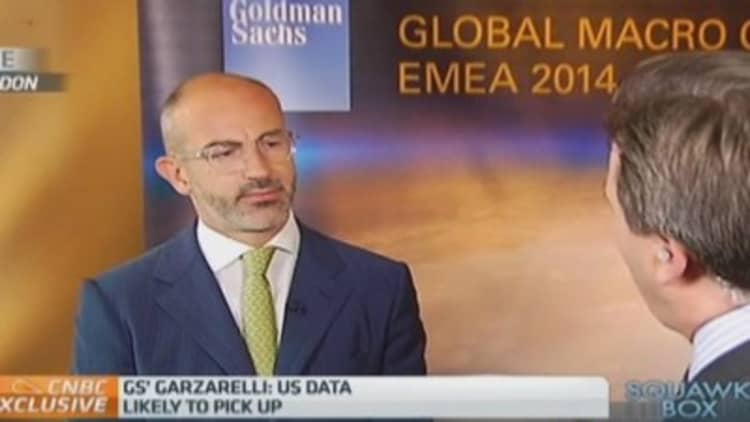Traditional advice suggests that expectations for rising interest rates would spur a shift to short-duration bonds, but some analysts believe long-duration bonds may be the better bet.
"Average investors do not look beyond the 10-year," Nizam Idris, head of strategy for fixed income at Macquarie said in a phone interview. "It's more the asset class that pension funds are interested in" as they need to match assets to liabilities, he said.
But pension funds' need to extend their duration is a global trend, set to keep long-end bonds supported, he said. At the same time, any increase in short-term interest rates could weigh on longer-term growth and inflation expectations, pushing down yields on the long end, he said. Bond yields move inversely to prices.
Read More Why low bond yields are all you deserve
Morgan Stanley also expects pension flows will provide a long-term support for long-duration bond markets.
"Long-duration fixed income stands to benefit in the long run from de-risking and asset liability duration matching," it said in a note last week.

"Valuations in the long-end are more attractive than the very front-end of the market," it said, noting spread valuations compared with duration-matched Treasurys are still compelling. "The long-end still has room to compress relative to historical spreads."
Read More Are carry trades getting risky?
While spreads of one-year to five-year investment grade bonds are already at their tightest in 10 years, the long-end spreads are wider than even the average levels of the 2004-2007 pre-crisis period, it noted.
It recommends an overweight position on long-duration U.S. investment grade bonds.
Japanese pension funds may also join flows into longer-duration bonds. While Japan's public pension funds are still holding discussions over their asset allocations, the country's corporate pension funds are already seeking substitutes for domestic bonds, JPMorgan said in a note last week on the results of its survey of corporate pension funds.
Read More Which bonds should you buy now?
Around 6.3 percent of the pension funds surveyed are venturing into long-duration bonds, compared with 10.7 percent a year earlier, JPMorgan said.

To be sure, "not many people are arguing for a rate hike," which would have made long-end bonds more attractive, Idris noted. "It's early to tell investors to consider areas that are beyond the usual duration … simply because of the movement in the way pension and insurance firms are going," he said.
In addition, Morgan Stanley noted that with already 50 basis points lower so far this year, the long end's "impressive" returns might be difficult to repeat.
Read More Commentary: My bad! Rising rates don't have to mean negative bond returns
The bank also noted that the speed of fund flows from pensions, also called the glide path, into long-end bonds may slow in coming months.
Updated mortality tables are likely to increase expected future pension obligations, creating a lower funded status which may slow the pace of pension funds' allocation shifts from equities into fixed income, Morgan Stanley said, although it added that the preference for long-end bonds will eventually be even stronger.
An earlier version of this story incorrectly stated the JPMorgan survey data on the proportion of Japanese pension funds venturing into long-duration bonds.
—By CNBC.Com's Leslie Shaffer; Follow her on Twitter @LeslieShaffer1

